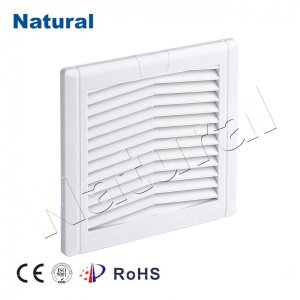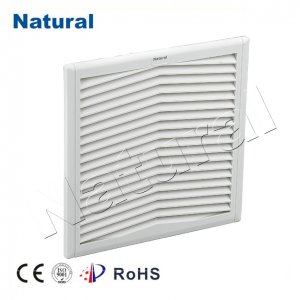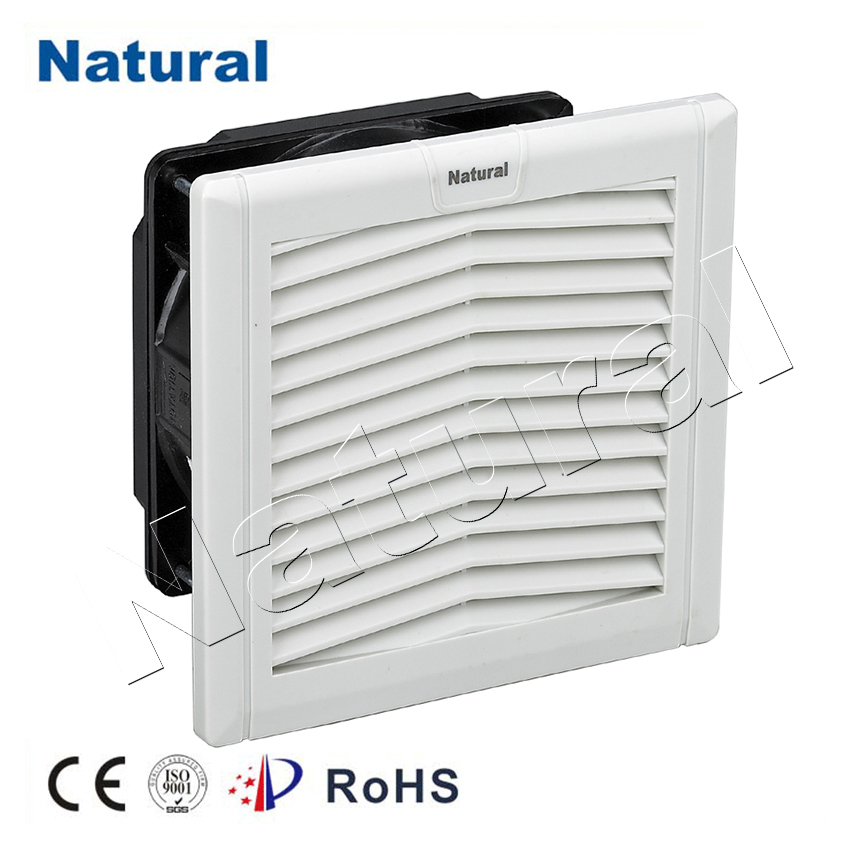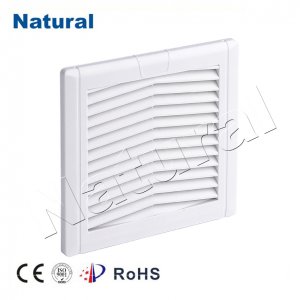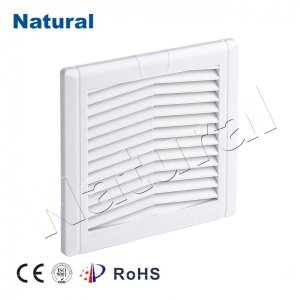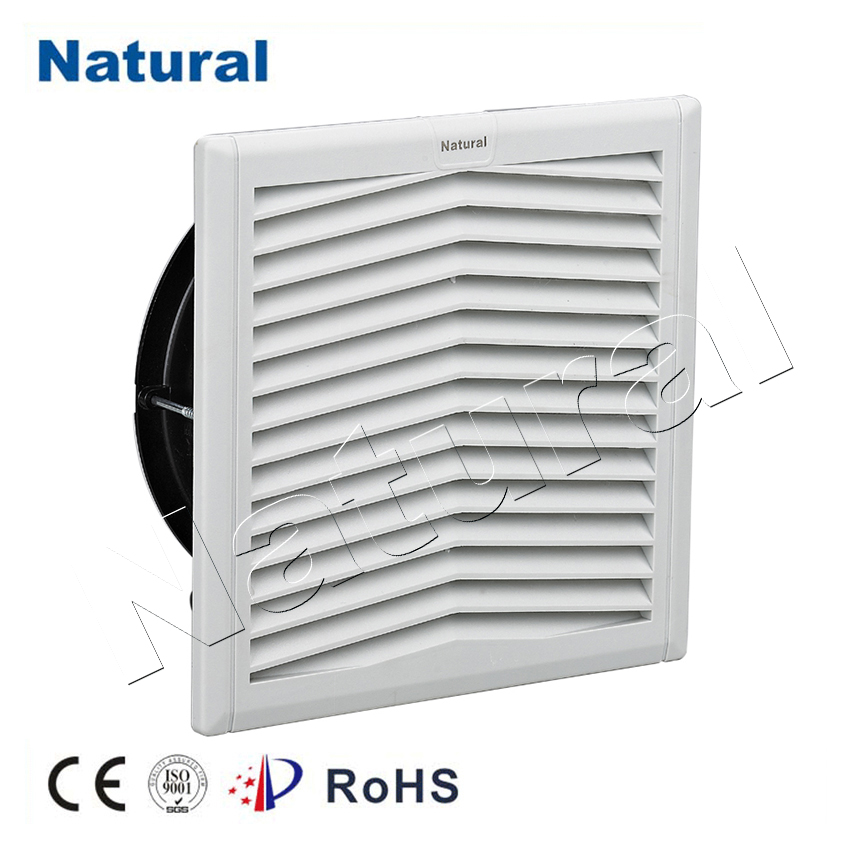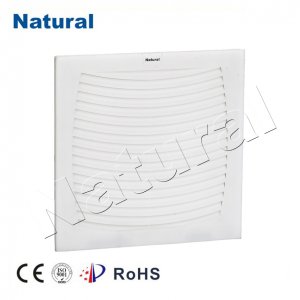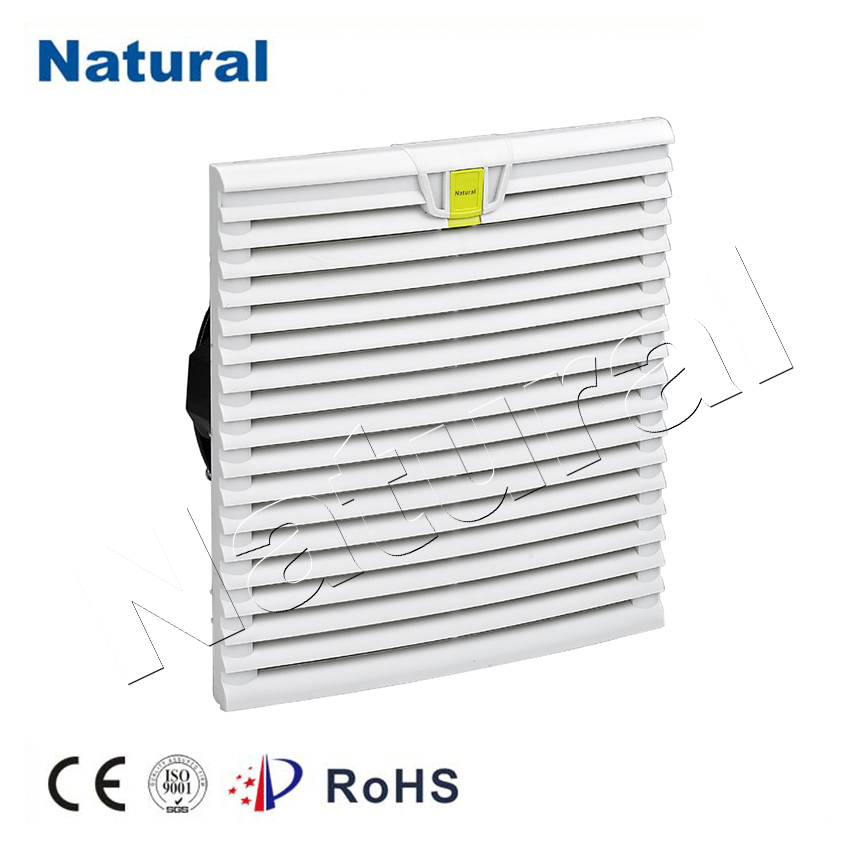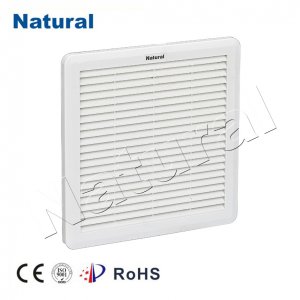Filter Fans: Ensuring Optimal Performance and Safety in Industrial Settings
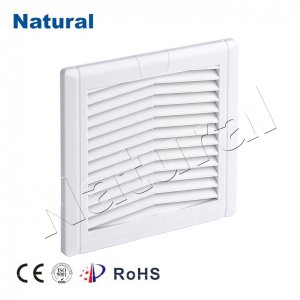
In today’s rapidly evolving industrial landscape, ensuring the smooth operation of machinery and the safety of workers is paramount. One often-overlooked but critical component in this equation is the filter fan. Filter fans play a pivotal role in maintaining optimal conditions within industrial enclosures, safeguarding sensitive equipment, and enhancing overall efficiency. In this article, we will delve into the importance of filter fans, their key functions, and their contributions to creating a safer and more productive workplace. 1. Temperature Regulation One of the primary functions of filter fans is to regulate the temperature within industrial enclosures. Modern industrial equipment generates substantial heat during operation, which, if left unchecked, can lead to overheating and subsequent damage. Filter fans work by expelling hot air from the enclosure while drawing in cooler air from the surrounding environment. This continuous exchange helps maintain the temperature at an acceptable level, preventing equipment from malfunctioning or breaking down due to excessive heat. 2. Dust and Contaminant Control Industrial environments are notorious for their dust and airborne contaminants. These particles can infiltrate sensitive machinery, leading to reduced performance and, in some cases, complete failure. Filter fans are equipped with filters that capture these particulates, ensuring that only clean air enters the enclosure. This not only extends the lifespan of the equipment but also minimizes the need for costly maintenance and repairs. 3. Moisture Management In some industries, such as food production and pharmaceuticals, moisture control is of utmost importance. Excess moisture can corrode equipment and compromise product quality. Filter fans play a role in moisture management by maintaining a consistent environment within the enclosure. By expelling humid air and drawing in drier air, filter fans help prevent condensation and moisture-related issues, thus preserving equipment integrity and product quality. 4. Preventing the Buildup of Harmful Gases Certain industrial processes produce harmful gases that must be vented safely. Filter fans with specialized filters can effectively remove these gases from the enclosure, ensuring the well-being of workers and preventing damage to equipment. This function is particularly vital in industries dealing with chemicals or potentially toxic substances. 5. Enhancing Energy Efficiency Filter fans not only contribute to the safety and longevity of industrial equipment but also play a role in energy efficiency. By efficiently regulating the temperature and air quality within enclosures, they reduce the workload on cooling and ventilation systems. This translates into lower energy consumption and reduced operational costs, which is a significant advantage for any industrial facility. 6. Easy Maintenance and Longevity Maintaining filter fans is a straightforward process. Regular cleaning and replacement of filters, when necessary, can be easily carried out, ensuring the continued efficiency of the system. The longevity of filter fans further reduces the cost of ownership, making them a wise investment for any industrial setting. In conclusion, filter fans are unsung heroes in the industrial world. Their ability to regulate temperature, control contaminants, manage moisture, and improve air quality contributes significantly to the safety, efficiency, and longevity of equipment and processes. As industries continue to advance, the role of filter fans in maintaining optimal conditions within enclosures will only become more crucial. Therefore, it is imperative that businesses recognize the importance of these unassuming devices and incorporate them into their industrial setups for a safer, more productive future.
